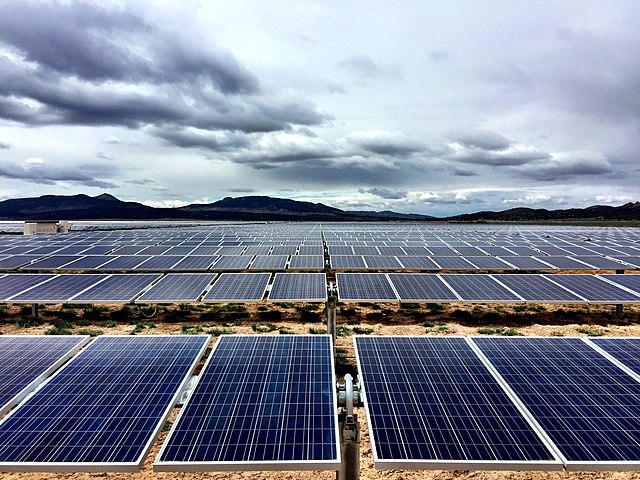Costa Rica, a country renowned for its commitment to environmental conservation and sustainable development, has reached a significant milestone in its economic reform journey. The International Monetary Fund (IMF) Executive Board recently concluded the fourth review under the Extended Fund Facility (EFF) for Costa Rica, as well as the first review under the Resilience and Sustainability Facility (RSF) arrangement. These reviews pave the way for disbursements totaling around US$ 275 million and US$ 246 million, respectively, to support Costa Rica’s economic and climate change agendas.
The Costa Rican authorities have made substantial progress in implementing their economic reform program. Going forward, it is crucial that the policy focus remains on achieving stable inflation rates, reducing public debt, and advancing reforms that foster green, dynamic, and inclusive growth. The IMF’s recognition of Costa Rica’s reform efforts demonstrates the country’s commitment to fiscal responsibility and sustainable development.
Central to Costa Rica’s economic reform agenda is the management of inflation. The Central Bank of Costa Rica (BCCR) has adopted a data-dependent, forward-looking approach that has successfully brought inflation under control. While there may be room for further monetary easing in 2023, policymakers should remain vigilant to potential risks to the inflation outlook. Efforts to strengthen the BCCR’s autonomy, governance, and operational framework are ongoing and should be sustained to ensure effective monetary policy management.
Fiscal targets have been met with significant margins, bolstering debt sustainability. Proposed tax reforms, including recent legislation, aim to create a more progressive, equitable, efficient, and environmentally friendly tax system. Additionally, improvements in public debt management have been welcomed. Although the implementation of the Public Employment Bill has faced delays, recent progress represents a crucial milestone towards its full execution.
The robust supervision of the financial system by regulatory authorities is crucial for maintaining financial stability. Legal reforms to enhance the framework for bank resolution and deposit insurance will further strengthen the financial safety net. These measures underscore the commitment to sound financial governance and risk management, promoting stability and confidence in the financial sector.
Efforts are underway to improve the targeting and efficiency of social programs to address relatively high poverty rates. Simultaneously, initiatives aimed at formalizing employment, supporting female labor force participation, promoting entrepreneurship, and improving the business climate are being implemented to foster a more dynamic and equitable economy. These reforms align with the principles of individual liberty and economic freedom, hallmarks of classical liberalism.
The RSF arrangement marks a significant milestone in Costa Rica’s commitment to addressing climate change. The country has completed all reform measures under the RSF, incorporating climate considerations into fiscal planning, policy formulation, infrastructure investments, financial sector supervision, and the management of international reserves. By actively seeking climate financing from official and private sector sources, Costa Rica demonstrates its dedication to promoting sustainable development while mitigating the impacts of climate change.
The IMF’s support for Costa Rica’s ambitious climate change agenda highlights the role of voluntary cooperation between governments and international institutions in addressing global challenges. By leveraging international expertise and financial resources, Costa Rica can accelerate its efforts to build a greener and more resilient economy. This approach aligns with the principles of classical liberalism, emphasizing the importance of individual responsibility, private property rights, and voluntary cooperation in addressing societal issues.
Costa Rica’s commitment to economic reform and sustainability sets a positive example for other nations grappling with similar challenges. The country’s success in integrating environmental considerations into its economic policies showcases the compatibility of economic growth and environmental responsibility. By pursuing a balanced approach that prioritizes both fiscal discipline and sustainability, Costa Rica demonstrates that it is possible to achieve prosperity while preserving the environment for future generations.
In conclusion, Costa Rica’s recent IMF reviews highlight the country’s commitment to economic reform, sustainability, and climate action. The efforts to bring inflation under control, reduce public debt, and implement structural reforms align with the principles of classical liberalism. By leveraging international partnerships and resources, Costa Rica is well-positioned to navigate the challenges of the modern world while promoting inclusive and environmentally conscious economic growth. The IMF’s continued support underscores the importance of global cooperation in advancing sustainable development goals. As Costa Rica moves forward on its reform agenda, it serves as an inspiring model for other nations striving to strike a balance between economic progress and environmental stewardship.










